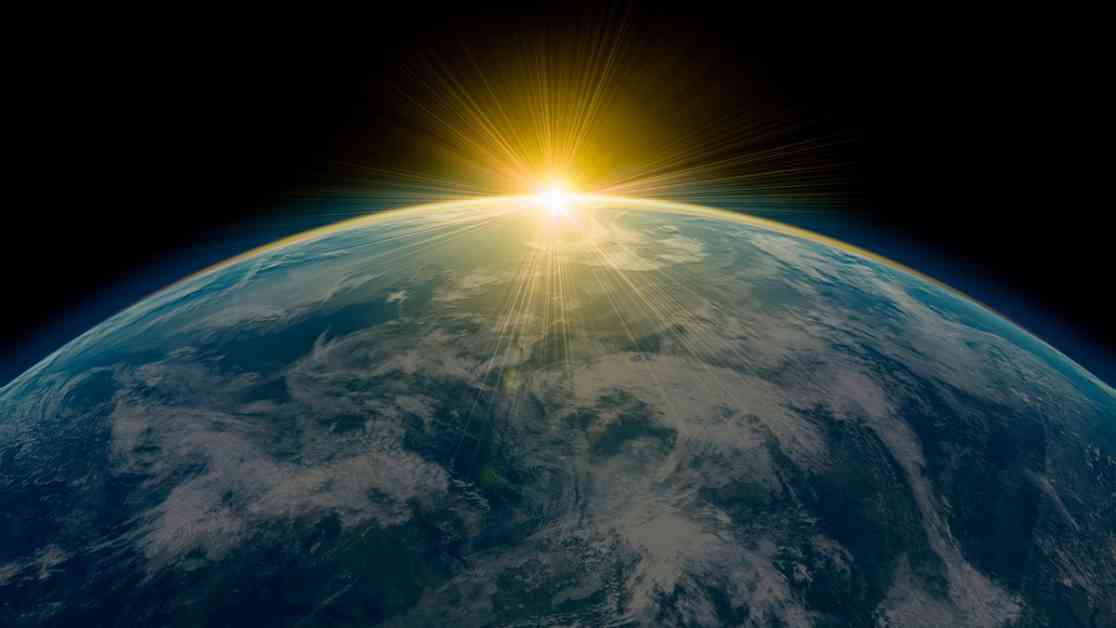Earth’s rotation is a fundamental aspect of our planet that has changed over time. According to experts like Sarah Millholland from MIT and Konstantin Batygin from Caltech, Earth’s rotation has fluctuated in the past due to various factors, including tidal interactions with the moon. In fact, about a billion years ago, Earth’s day was only 19 hours long, and even earlier in Earth’s history, it may have been less than 10 hours.
The current 24-hour day we experience is a result of complex interactions between Earth, the moon, and other astronomical events. For example, the moon’s tidal effects have played a significant role in slowing down Earth’s rotation over time. Additionally, subtle changes in Earth’s molten core, oceans, and atmosphere can also affect the length of a day by a few milliseconds.
Understanding Earth’s rotation can provide insights into how our planet was formed in the early solar system. Factors such as the distance from the sun and the force of collisions during planetary formation can influence a planet’s angular momentum and rotation speed. For instance, if Earth had formed closer to the sun, it might have become tidally locked, similar to how the moon is locked to Earth.
Despite the apparent stability of Earth’s 24-hour day, experts like Batygin and Millholland note that it is still changing, albeit very slowly. Earth’s rotation is gradually lengthening by about 1.7 milliseconds every century, primarily due to tidal forces from the moon. Other events, such as earthquakes and unexpected collisions with asteroids, can also affect the length of a day by applying torque to Earth’s rotation.
Looking ahead, factors like climate change could potentially impact Earth’s rotation by redistributing the planet’s mass through processes like glacial melting and tectonic activity. As we continue to study Earth’s rotation and its connection to external events, we gain a deeper understanding of our planet’s history and the dynamic forces that shape its daily rhythms.


